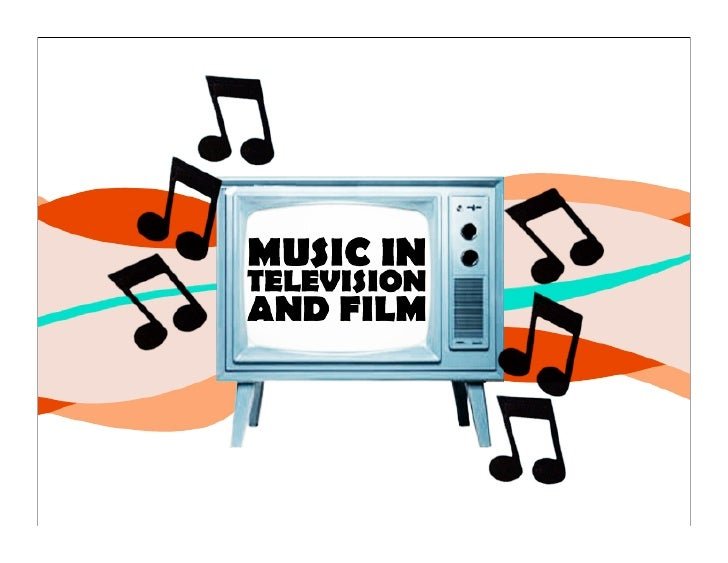Marketing a book in the digital age requires strategy, creativity, and persistence. With countless platforms and tools available, authors can now connect with a global audience. This guide outlines actionable steps to help you effectively market your book and maximize its visibility.

Establish a Strong Online Presence
To connect with readers, you need a digital footprint.
- Author Website: Create a professional website showcasing your book, biography, blog, and contact information. A well-designed website is the foundation of your online presence.
- Social Media: Utilize platforms like Instagram, Facebook, Twitter, and TikTok to engage with your audience. Share sneak peeks, updates, and behind-the-scenes content.
Leverage the Power of Email Marketing
Email is one of the most effective ways to communicate with your audience.
- Grow a Subscriber List: Offer incentives like free chapters or exclusive content to encourage sign-ups.
- Keep Readers Updated: Send newsletters about book releases, events, promotions, or personal insights into your writing process.
Optimize Your Book for Search Engines
Search Engine Optimization (SEO) helps potential readers find your book online.
- Keyword Research: Use tools to identify relevant keywords for your genre and audience.
- Metadata: Optimize the title, subtitle, and description of your book to enhance visibility on platforms like Amazon.
Use Book Promotion Platforms
Take advantage of websites dedicated to promoting books.
- Goodreads: Set up an author profile, engage with readers, and host giveaways.
- BookBub: Use this platform to run promotions and reach a vast audience of book lovers.
Encourage Reviews
Positive reviews can significantly impact your book’s success.
- Reach Out to Reviewers: Contact bloggers, influencers, and book clubs for honest reviews.
- Ask Readers: Gently encourage readers to leave reviews on platforms like Amazon and Goodreads.
Run Paid Ad Campaigns
Investing in ads can help boost your book’s visibility.
- Amazon Ads: Target readers based on their preferences and browsing habits.
- Social Media Ads: Use Facebook and Instagram ads to reach a specific demographic.
- Google Ads: Drive traffic to your book’s landing page or website with targeted campaigns.
Collaborate with Influencers
Partnering with influencers can amplify your reach.
- Book Bloggers: Work with bloggers who specialize in your genre.
- BookTubers and Bookstagrammers: Engage with content creators who review books on YouTube or Instagram.
Host Virtual Events
Virtual events help you connect with readers in real time.
- Webinars and Live Streams: Host Q&A sessions or discuss your book’s themes and inspiration.
- Virtual Launch Parties: Celebrate your book release with online giveaways and readings.
Publish Engaging Content
Sharing valuable and interesting content can attract readers to your book.
- Blog: Write posts related to your book’s themes or offer writing tips.
- Videos: Create book trailers or share personal insights through short videos.
- Podcasts: Appear as a guest on relevant podcasts to discuss your book and writing journey.
Network with Fellow Authors
Building relationships with other authors can open doors to collaborative opportunities.
- Author Communities: Join forums and groups on platforms like Reddit or Facebook.
- Collaborations: Partner with authors for joint promotions or anthology projects.
Offer Freebies and Discounts
Promotions can drive initial interest and increase your book’s readership.
- Limited-Time Discounts: Offer your book at a discounted price during launch week.
- Free Content: Provide short stories or exclusive chapters to attract potential readers.
Track Your Efforts and Adjust
Monitoring your strategies ensures you’re using the most effective methods.
- Analytics Tools: Use tools to track website traffic, ad performance, and social media engagement.
- Adjust Strategies: Continuously refine your approach based on what resonates most with your audience.
Conclusion
Marketing your book in the digital age is a rewarding journey that requires adaptability and perseverance. By building a strong online presence, leveraging digital tools, and engaging with your audience authentically, you can create lasting connections and successfully promote your book. Remember, consistent effort and creativity are key to making your work stand out.











